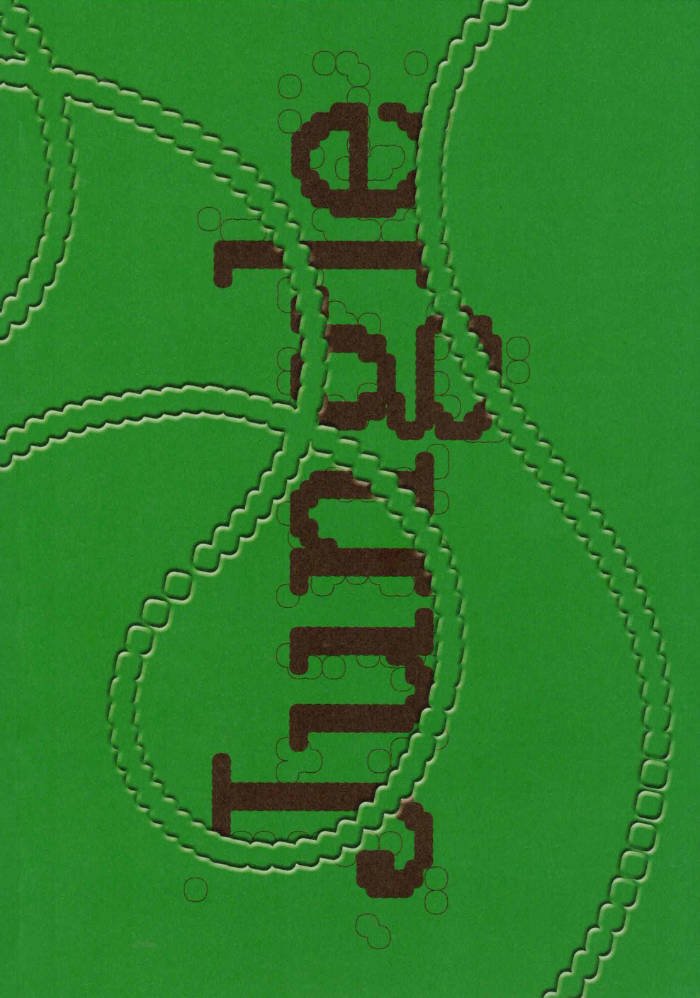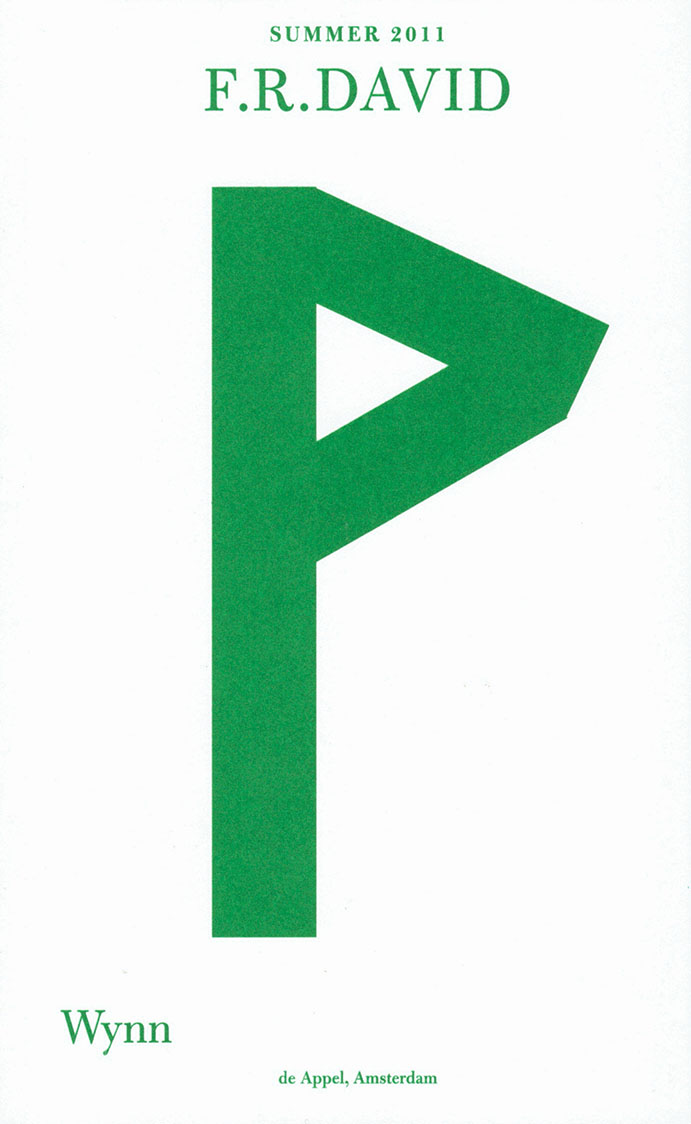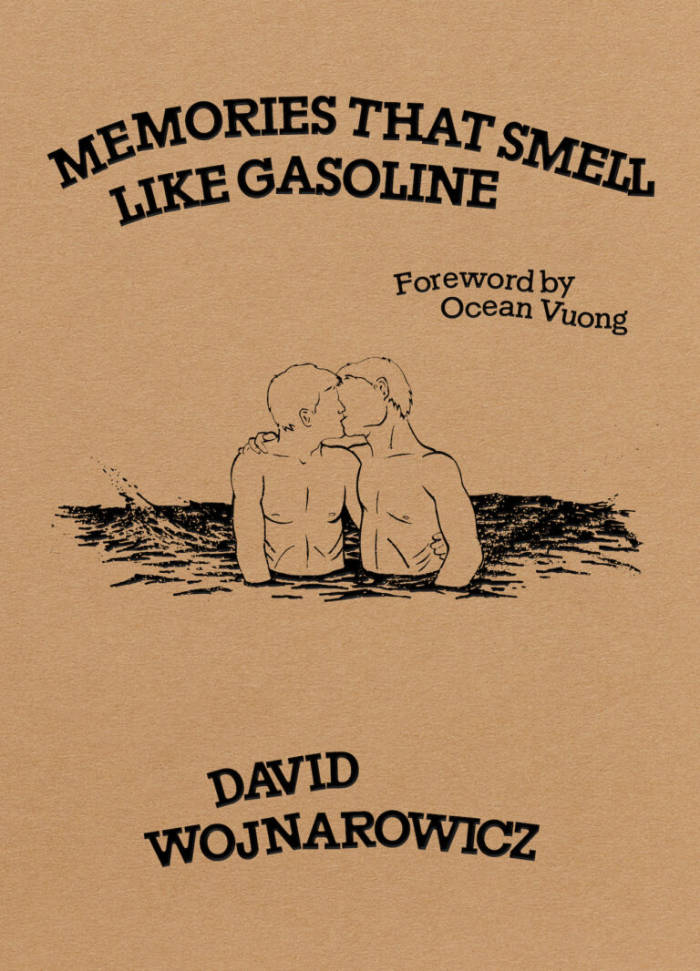
DIK Fagazine #14 Vienna Issue
Karol Radziszewski ed., Fanny Hauser ed.
Issue #14 takes a look at the city of Vienna throughout the past 150 years and its specific geography as a bridge between East and West, connecting queer histories and figures from different countries including Austria, Hungary, Albania, Poland, and Serbia.
DIK Fagazine is the first arts publication from Central and Eastern Europe with a focus on homosexuality and masculinity. Founded in 2005 by artist Karol Radziszewski, the magazine combines queer archival research with contemporary art contributions.
Language: English




